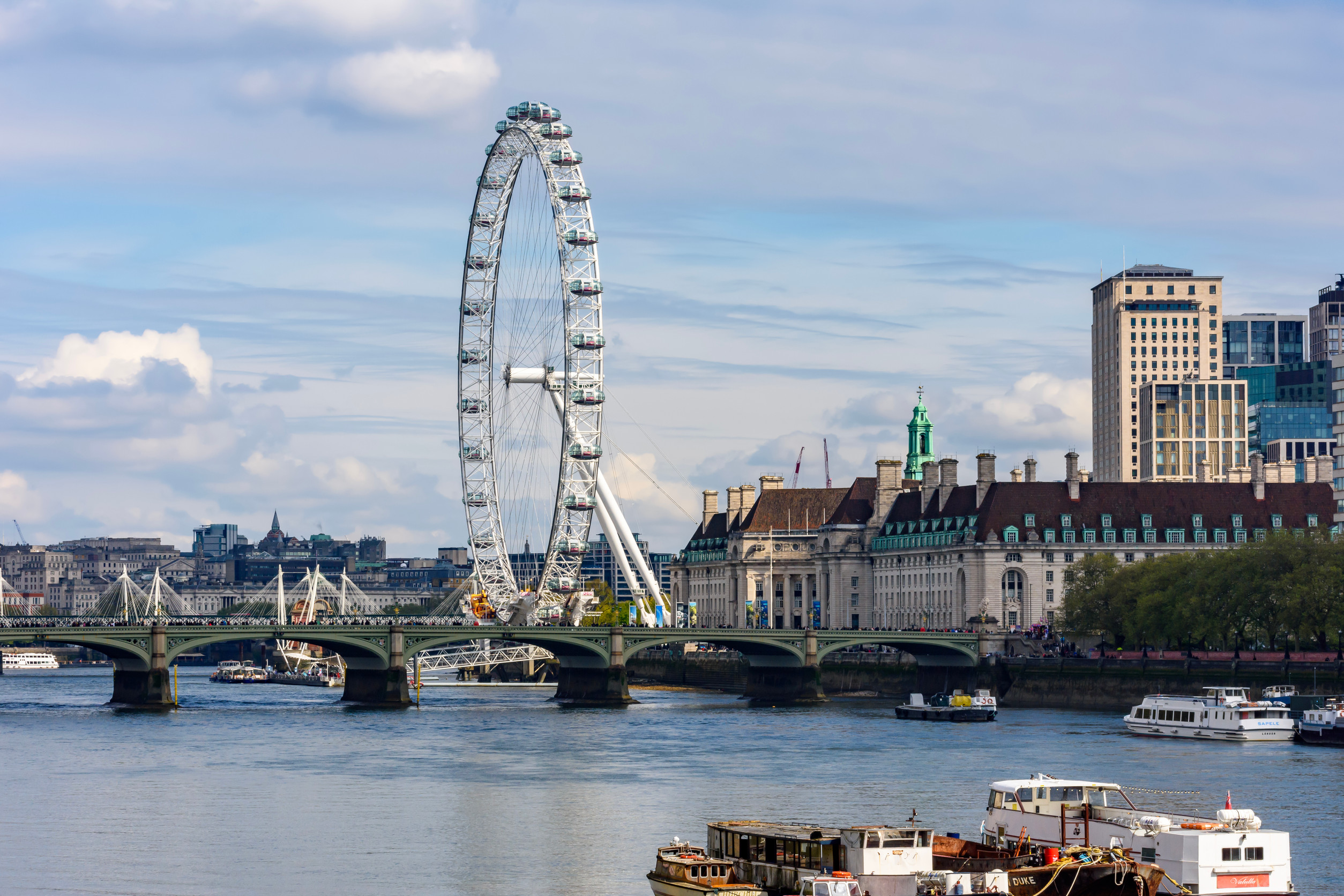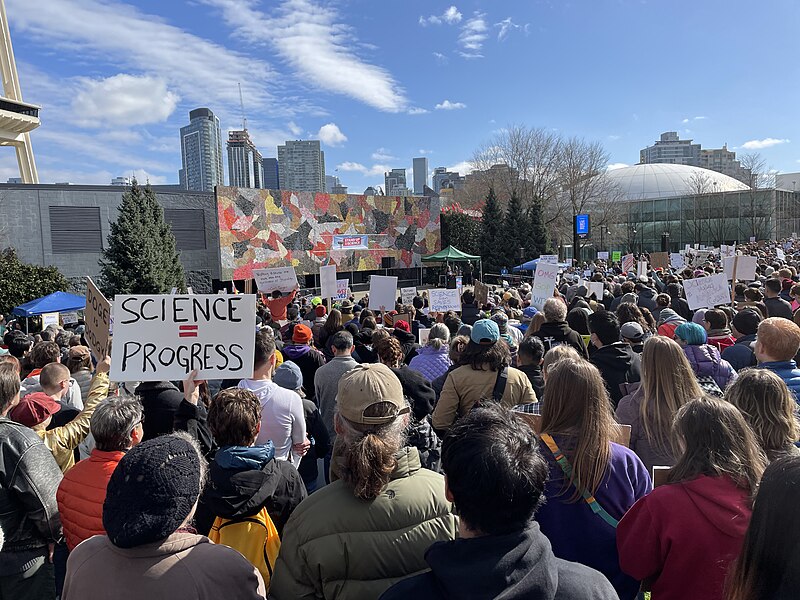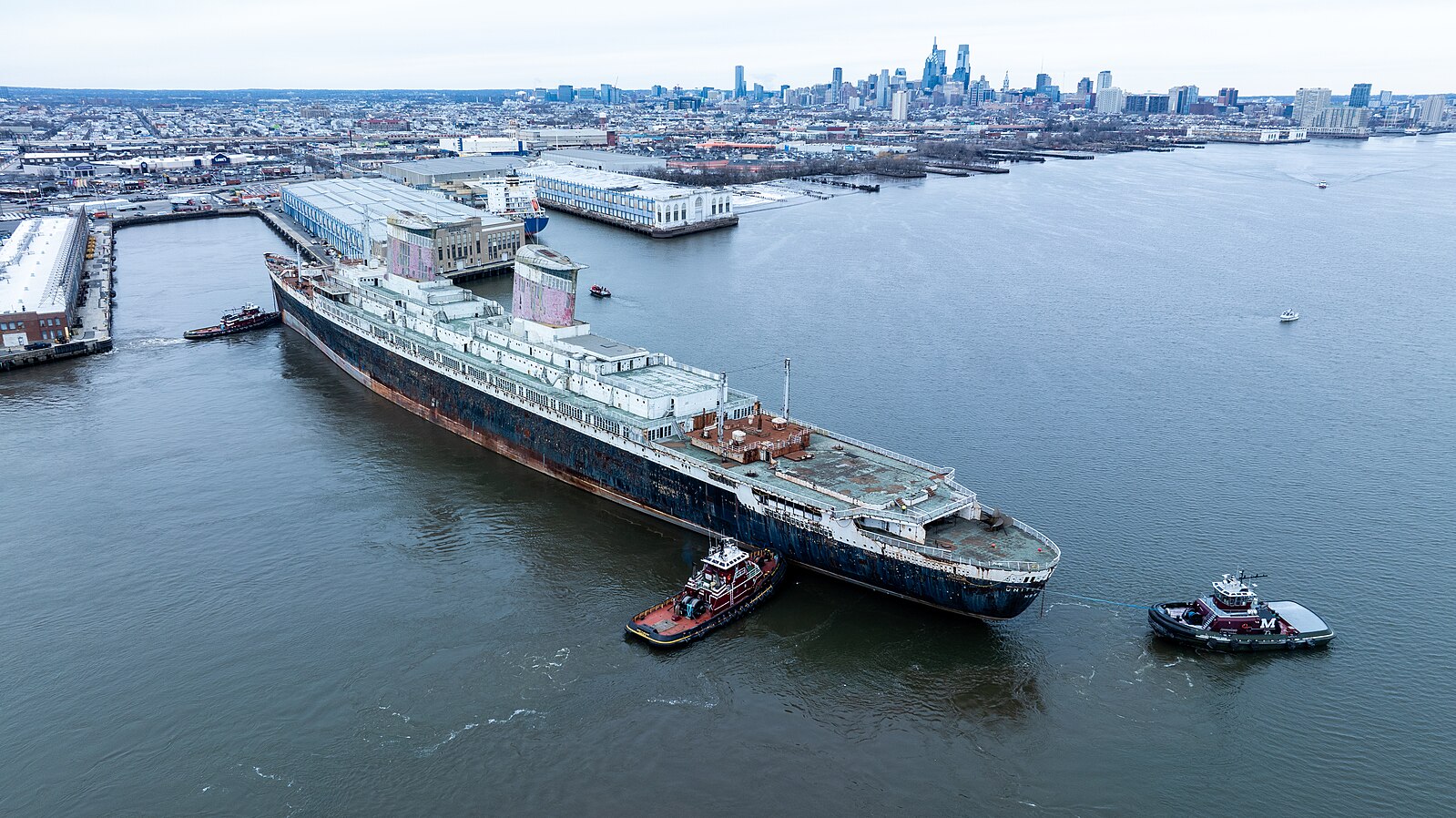Discovering the true meaning of death.
David Servan-Schreiber| September 2007 issue
Daniel is getting ready to die. He is 32 years old. Like me, he is a physician. For months, his body has been under attack from a lymphoma that came out of nowhere. He often talks things over with me. I listen to him because in truth he understands much more than I do. “The first thing that helped me was to wake up one morning and realize that I wasn’t the only one. Even though I’m so young, I understood immediately that we all share the same fate. All the people on the street, the TV presenter, the President and you, even you,” he says, averting his gaze slightly, “you’re going to die too. It seems stupid, but thinking of that does give me some sort of comfort. Because of that shared destiny, I’m still intensely human; still linked to all of you, and to all our ancestors and all our descendants. I still have my membership card.”
In his dreams, Daniel is constantly pursued by vampires: a symbol of the death that haunts him. Daniel screams in terror and wakes up sweating. This, he has not reckoned with. “Now I’m not only afraid of dying, I’m afraid of suffering.”
Then another dream comes to him. “It’s the end of the world. I’m shut inside a covered stadium. There are a few friends with me, and there’s a massive crowd all around us. We all know that there are only a few hours left, perhaps one night. The crowd is screaming for no reason. Some are making love with anyone they can find. Others are committing suicide or killing each other. The agony of waiting is unbearable. I can hardly breathe. My head is going to explode. I’ve never been so afraid. It’s much worse than the idea of my own death. And yet this dream has changed everything. Yes, I’m going to die, but… it’s not the end of the world.”
Daniel is a lifelong atheist. He has always thought the extinction of his own consciousness would bring the end of the world. “What does it matter if the world outlives me?” he wants to know now. “Why this unexpected feeling of reassurance?” In this process, he discovers what he will later call his “soul.” He comes to believe that all his choices are stamped on the destiny of the world, because of the infinite repercussions inherent in each one of them. Daniel becomes aware of the importance of his thoughts, his words and, most significantly, of making gestures of love toward others, or even toward the Earth itself. He comes to see everything as the seeds of an eternal harvest. For the first time, he has the feeling he is living in each moment. He blesses the sun that caresses his skin, the water that refreshes his throat, the wind in his face.
“How come I feel all this gratitude, when I’m going to die?” he asks me. “Soon I shall be the wind and the water and the sun. But most of all, I’ll be the sparkle in the eye of a man whose mother I took care of or whose child I healed. See, that’s my soul. What I’ve made of myself: I, who already exist everywhere and who will exist forever.”
One morning there’s a brief message on my desk: a printout from the hospital computer, bearing that most discreet of all euphemisms: “Daniel M., C.T.B.” Ceased to breathe. Yet I can’t help wondering whether in fact he has only just begun.










